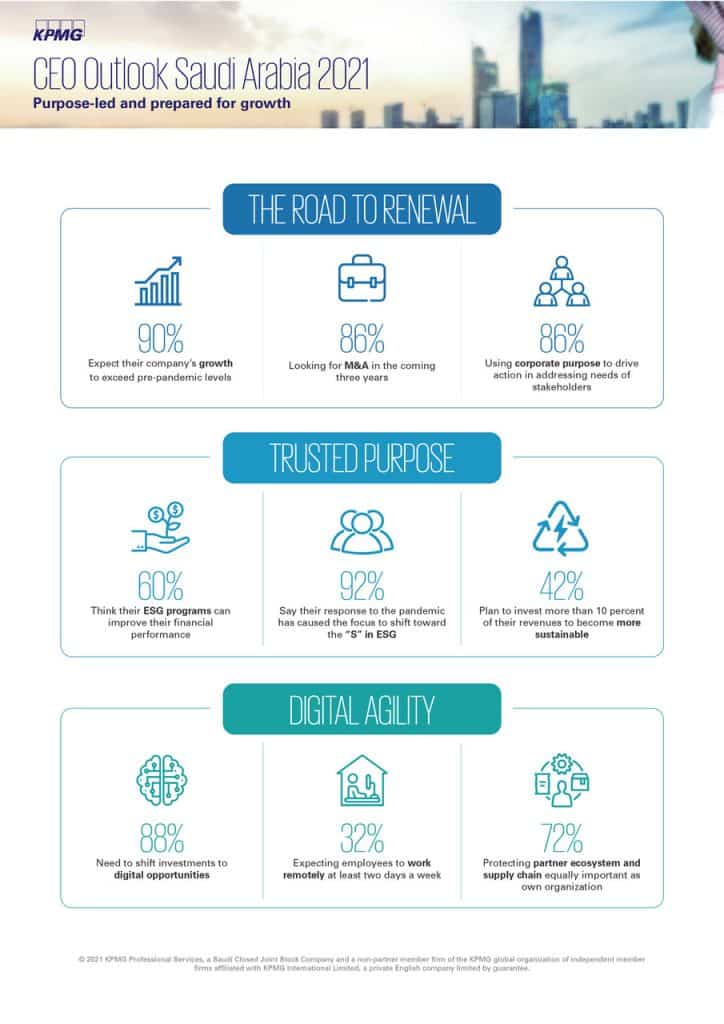Voice acting is a great career choice for people who have a good voice and the ability to control it. Being a voice actor means you get to audition for and work on various projects like voicing over an infographic, being a character in an animated film, narrating for a movie, or commercial.

Besides providing voiceover, an artist might also function as an actor taking on audiobooks, podcasts, radio spots, or public announcements.
However, becoming a voice actor is not an easy task since it requires a lot of patience, hard work, and training. From afar, people might think voice over is an easy job because it appears that all you need to do is talk, but that is not the case.
To become a professional voice actor, one needs to possess specific skills and train their voice to deliver versatile performances.
So, how do you become a voice actor?
Firstly, you need to possess vocal talent and develop it further. Investing in private coaching, signing up for workshops or going to conferences will help you nurture your talent.
After honing your skills, the kinds of projects you are hired for depend on your skills and personal branding. Moreover, the voice acting industry is commonly based on the freelance business model where voice talent work from home and do all their auditioning from a home-based recording studio.
Once you have established your name in the industry and have some clients, you can enjoy the benefits of flexible working hours, great monetary benefits, and the opportunity to be your own boss.
Here are some of the skills you must develop to become a successful voice actor.
- Enunciation
Enunciation is different from pronunciation as it is more about pronouncing the words. Voice actors must have good enunciation to make their vocal delivery clean and distinct. If you are not good at enunciating, your vocal delivery may lack the proper impact. Mastering this skill could be challenging, but it is essential to learn.
If you wish to improve your enunciation, certain exercises and tricks can help.
One must enunciate well as it can increase the chances of landing a commercial voice acting gig. Companies trying to sell something over the radio often require those who enunciate well.
- Must have a wide emotional range
The voice actor must possess a remarkable emotional range; you need to have mastery over your voice so that you can properly connect with the audience. Emotions are easily heard in the voice, and when an actor expresses the right emotion, it can make the whole delivery much more impactful. Besides, one needs to have an emotional range to work in different roles and projects.
For instance, a commercial might require you to sell a product, while another might require you to narrate an entire audiobook. Both projects need different emotions and delivery styles, so being able to switch between emotional states will be helpful to booking a variety of work.
- Natural timing and delivery
Listeners can easily tell if a voice actor’s delivery is off.
Voice acting is acting. Since you’re not on camera, use your voice to the best of your ability to paint the picture for your audience.
Speaking in a natural tone and pacing your voice may be hard to achieve in the beginning. However, as your career progresses and with practice, you will deliver with greater conviction and control.
Moreover, rehearsing a specific script may help improve the delivery for a better impact.
Voice coaches often recommend actors use their body language as it helps make the delivery seem more natural.
- Consistency is the key
Your tenth project would be better than your first, and the twentieth project would be better than the tenth. The more you practice, the more voiceovers you do, the better you will become.
Voice coaches also recommend some exercises to improve your voice, and you must do these exercises regularly to maintain your voice. It might require more than one take to deliver a perfect performance, but you must be persistent about providing the best as an artist.
Training and development of skills are essential to enjoy the benefits of this profession. So, to answer the question, “How do you become a voice actor” one must develop their skills, learn from an experienced voice acting coach, and market themselves to become relevant in the industry. Once you develop the basics, you can learn and polish your skills as you progress in your career.









